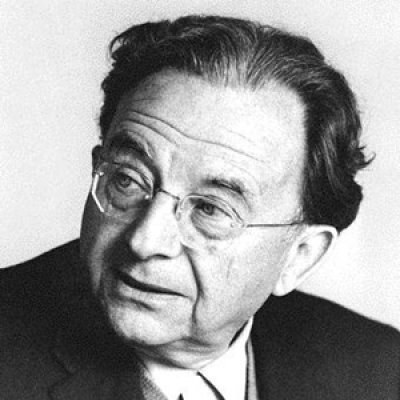
The Art of Being
By Erich Fromm
1770
First Published
4.04
Average Rating
175
Number of Pages
Between 1974 and 1976, while working on the book To Have Or to Be? at his home in Locarno, Switzerland, the aged Erich Fromm wrote far more manuscript and chapters than were actually used in the book, which was published in 1976. Some of these chapters are contained in the present volume. They deal entirely with the "steps toward being" that the individual can take in order to learn the Art of Being. How can we realize and actualize Love, Reason, and meaningful, productive work? Fromm here offers the Art of Being, a way of living based on authentic self-awareness that comes only through honest self-analysis. Wisely, he warns of the pitfalls of our attaining enlightenment without effort, or believing that life can be lived without pain. The tantalizing "spiritual smorgasbord" offered by our consumer-oriented world, Fromm maintains, only feeds our illusions of "easy awareness." Confronting the psycho-Gurus who preach these shortcuts to enlightenment, Fromm offers another way to self-awareness and well-being, one based on psychoanalysis and self-awareness through meditation. If the Art of Being - the art of functioning as a whole person - can be considered the supreme goal of life, a breakthrough occurs when we move from narcissistic selfishness and egotism - from having - to psychological and spiritual happiness - being. The Art of Being will be one of the most important works in the Fromm canon for years to come.
Avg Rating
4.04
Number of Ratings
5,739
5 STARS
36%
4 STARS
38%
3 STARS
20%
2 STARS
5%
1 STARS
1%
goodreads
Author

Erich Fromm
Author · 44 books
Erich Fromm, Ph.D. (Sociology, University of Heidelberg, 1922), was a psychoanalyst and social philosopher who explored the interaction between psychology and society, and held various professorships in psychology in the U.S. and Mexico in the mid-20th century. Fromm's theory is a rather unique blend of Freud and Marx. Freud, of course, emphasized the unconscious, biological drives, repression, and so on. In other words, Freud postulated that our characters were determined by biology. Marx, on the other hand, saw people as determined by their society, and most especially by their economic systems.